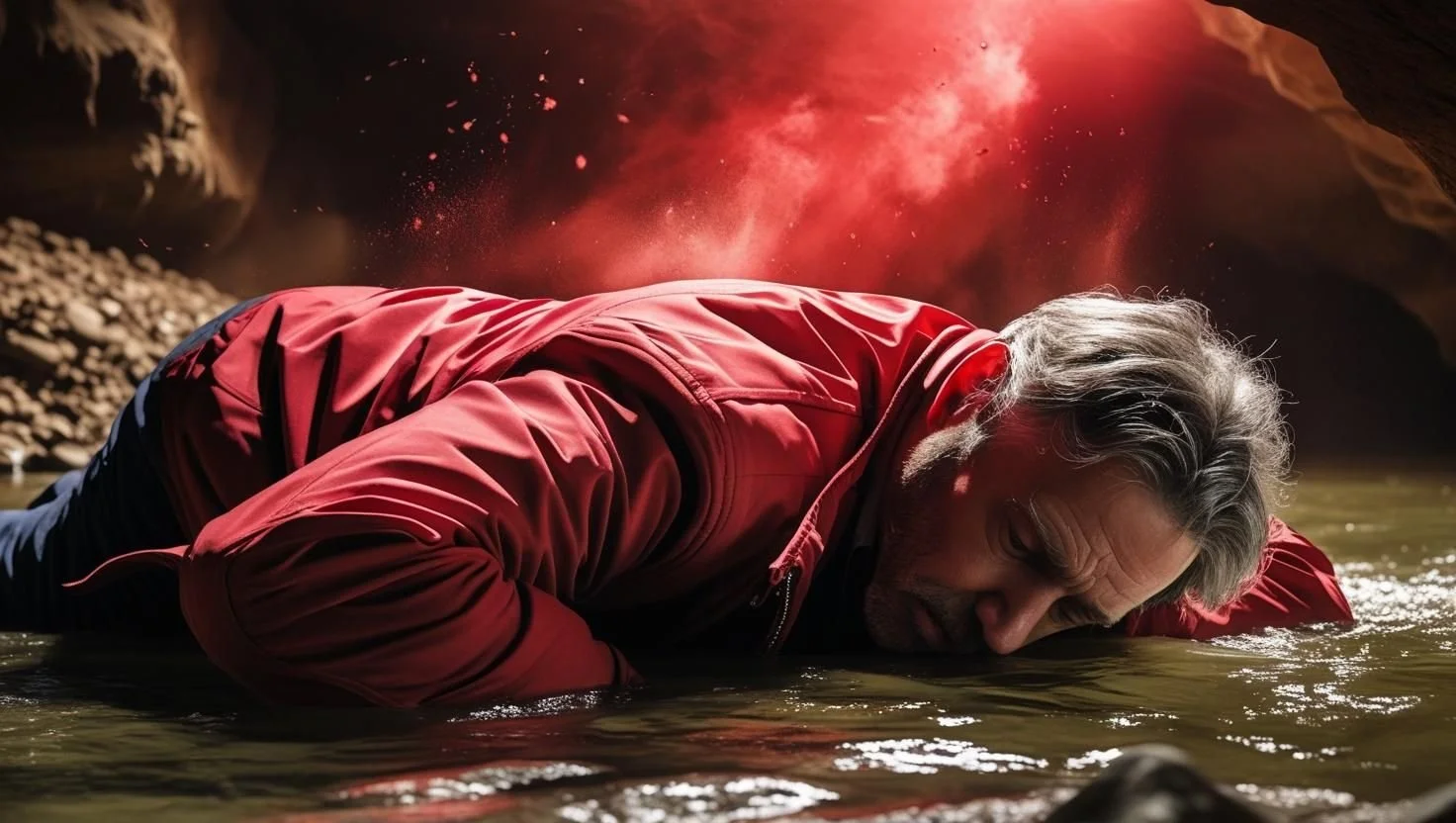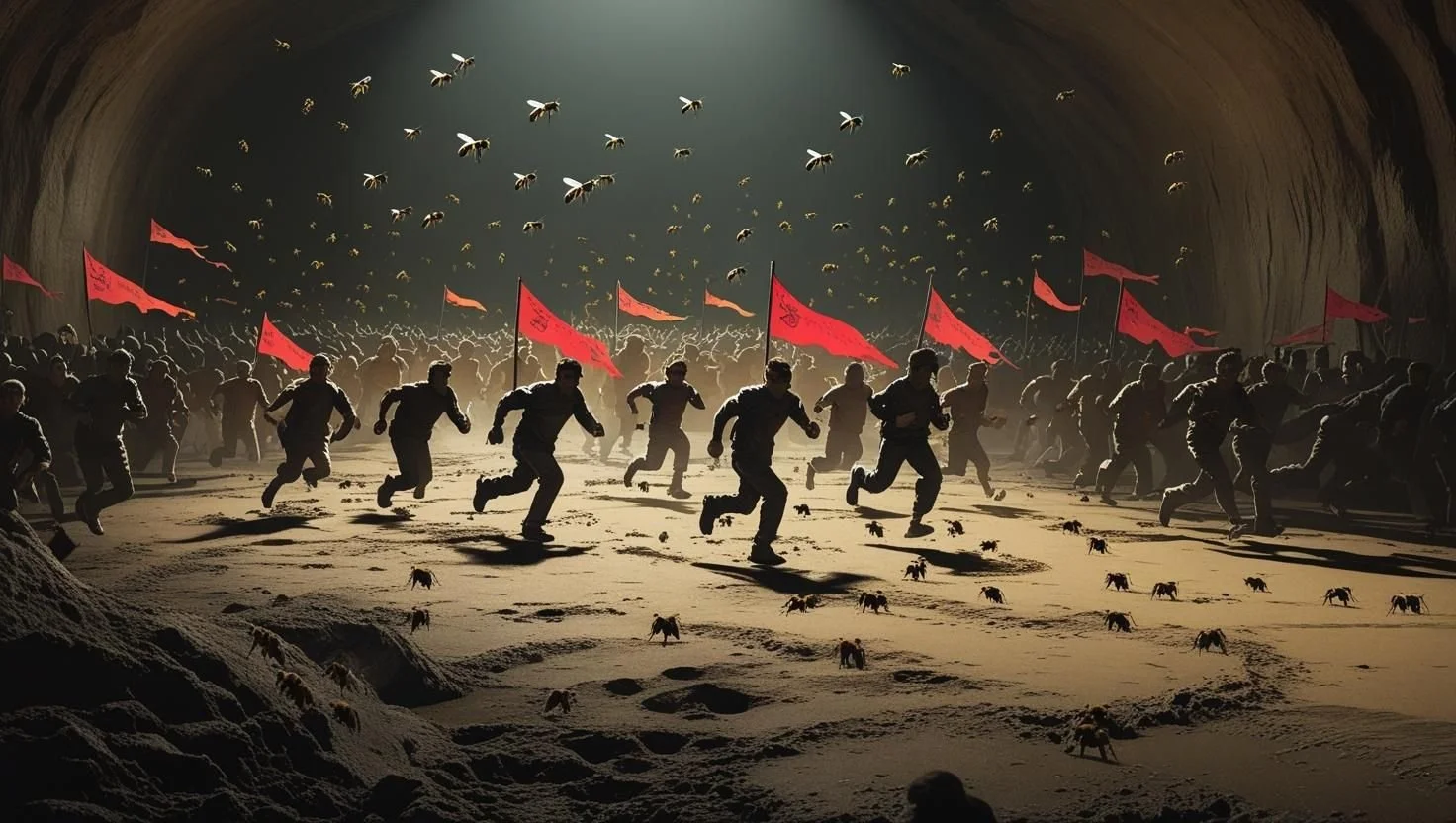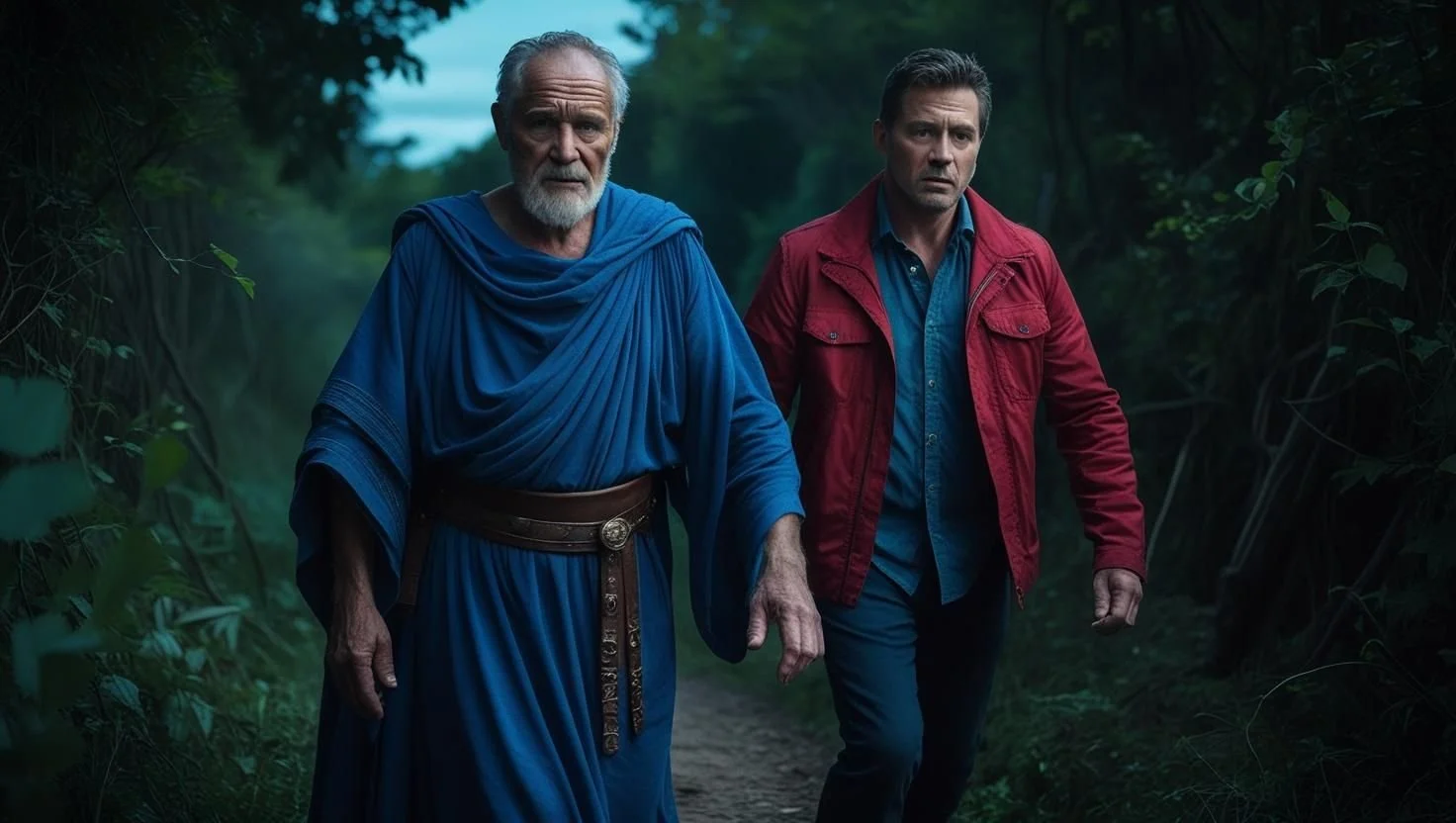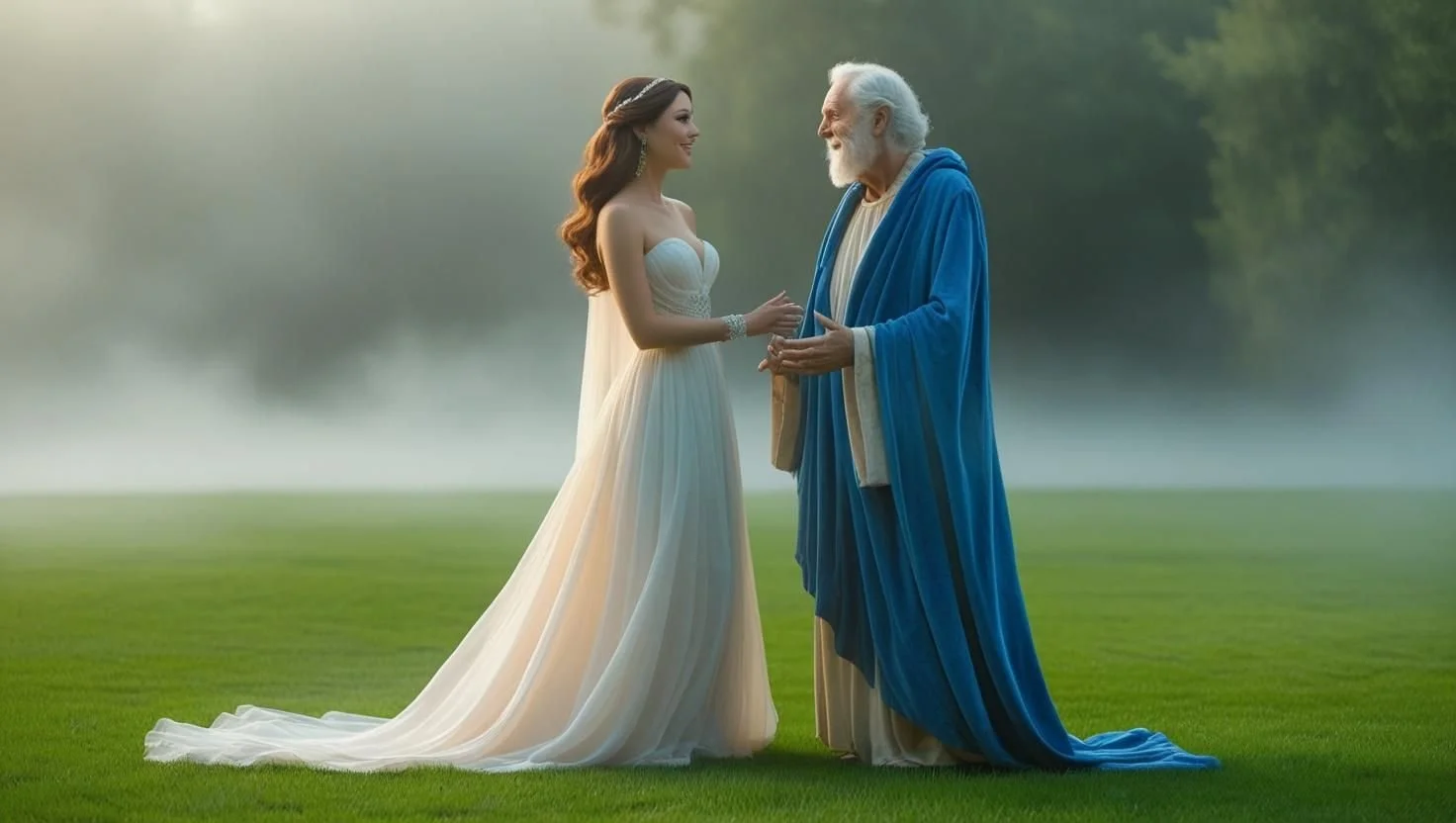An introductory episode to the sweep of the podcast WALKING WITH DANTE. A bit about how we’ll proceed through The Divine Comedy and a bit about who I am. But mostly, just a deep breath to get you ready for the journey ahead.
Read MoreA look back over the the first four cantos of INFERNO: their parallels, their divisions, their structure, their movement. Plus, four reasons Dante’s COMEDY has lasted 700 years and continues to inspire so much fascination. As well as the question of love: It always moves the fence—with Beatrice, with Limbo, probably in your own life.
Read MoreThe pilgrim, his guide, and the four great poets head upstairs to see the crowd inside Limbo's castle: a great list of warriors, philosophers, writers, poets, mathematicians, astronomers, physicians, and (yes) Islamic thinkers. Then everyone gets left behind and the epic tone turns to the elegy of loss as Virgil and the pilgrim walk on into the dark.
Read MoreOur pilgrim, Dante, meets the great poets of Limbo . . . and even gets put into their company. Problem is, they're in hell. Also, Dante hasn’t really written enough to be a great poet. And then they walk on into a gorgeous spot with a beautiful stream and green grass. But we’re still in hell, right? What happens when a poet’s ambiguity almost overwhelms his work?
Read MoreVirgil answers Dante's question: Does anyone get out of Inferno? Yes! But maybe not the one soul who matters. Not Virgil, Dante's poetic father.
Read MoreLimbo is Dante's first donnybrook, his first true beef with Christian theology. While the doctrine of Limbo is being codified even in Dante’s day, he boldly plays with and even changes that orthodoxy, remaking Limbo into something that better suits his poem (and maybe his poetics).
Read MoreVirgil leads Dante home--well, at least to Virgil's home turf. The two arrive in Limbo, the place where babies sigh and where people of great merit are suspended in longing. Virgil even also offers a theology for this place. But is it believable? Is Virgil hedging his bets? Or is the poet Dante behind the scenes altering the terms of damnation?
Read MoreCharon's off at his job. Virgil's gotten suddenly kinder. And Dante? He's not in good shape, standing on the shore of the river that borders hell.
Read MoreThe shore of hell! Here comes Charon and his boat. Here are the damned, waiting to cross. And here are Virgil and Dante, having a spat.
Read MoreThe first bit of hell we see is the hell we've always wanted, a sadist's dream. Except what's being punished? The failure to make up your mind. And maybe the failure of the pilgrim to make up his mind. It’s his first great moment to name a sinner . . . and he doesn’t. He muffs it so bad, centuries of commentators haven’t been able to decide who this reprobate is.
Read MoreDante and Virgil arrive at hell's entrance.The words above the opening are cryptic, even perhaps a bit heretical. And Virgil's response is strange. He gives the pilgrim Dante a cheerful or happy glance? Why? In any event, the two of them are on their way. So abandon hope!
Read MoreBeatrice has answered all of Virgil’s questions . . . and even met him with tears, something that apparently is even more powerful than words. And Virgil has finally bested Dante by giving him purpose and hope, both bound up in desire. The pilgrim needs nothing else to set off across the cosmos.
Read MoreVirgil and Beatrice are in a battle of words. They must use them right to get what they want--to get Dante on his way across the known universe. In the heat of their argument, their rhetoric breaks down in strange and not fully understandable ways that complicate INFERNO right at its start.
Read MoreVirgil answers Dante’s hesitancy by calling it what it is “cowardice.” He then sets into a story to explain how he came to find the pilgrim in the dark wood. He tells the story of meeting Beatrice and their rhetorical games, the way she used outright flattery to get him to save the pilgrim.
Read MoreOur pilgrim, Dante, looked to be on his way across the known universe. But he’s stopped by his doubts. To assuage them, he decides to engage in some rhetorical games with the classical poet Virgil, all in an attempt to figure out if he has permission to walk this path (and perhaps if the poet has permission to write this poem).
Read More













